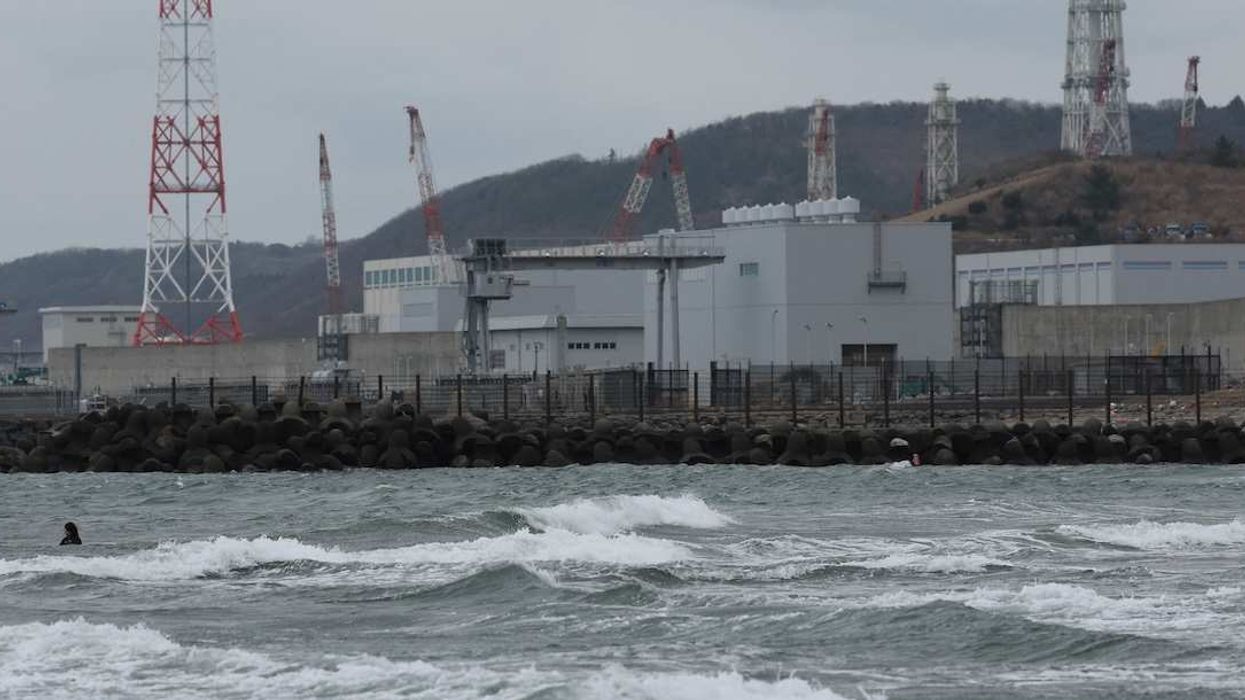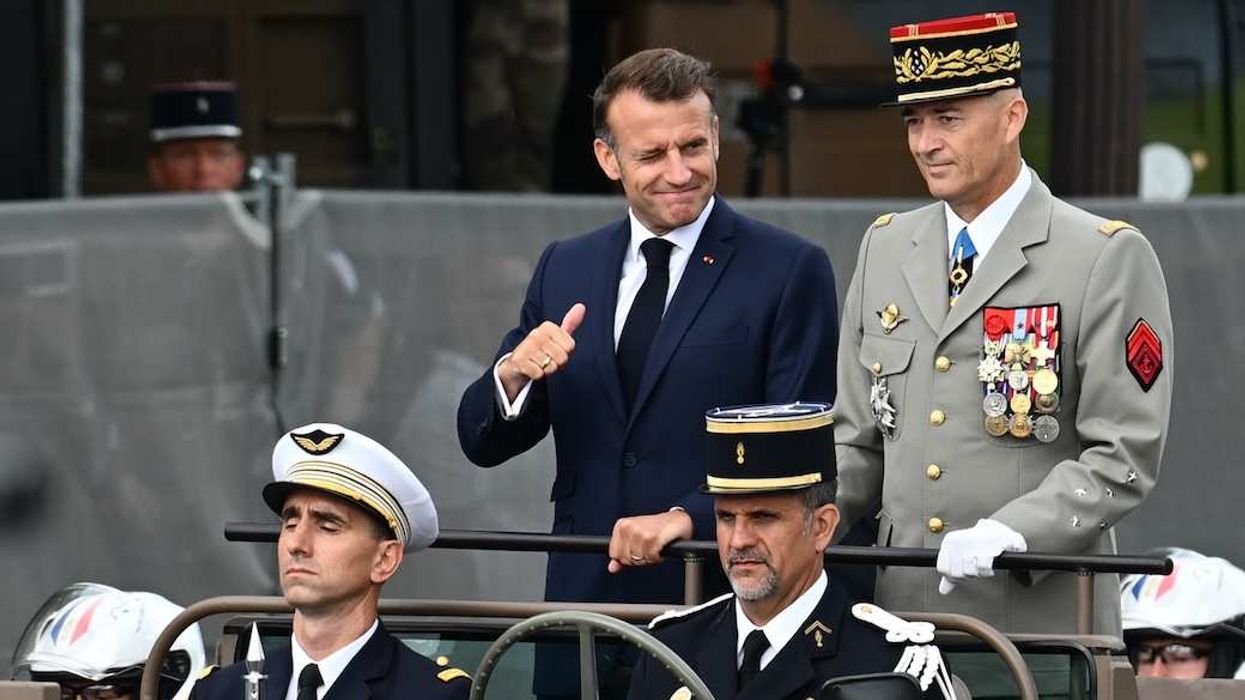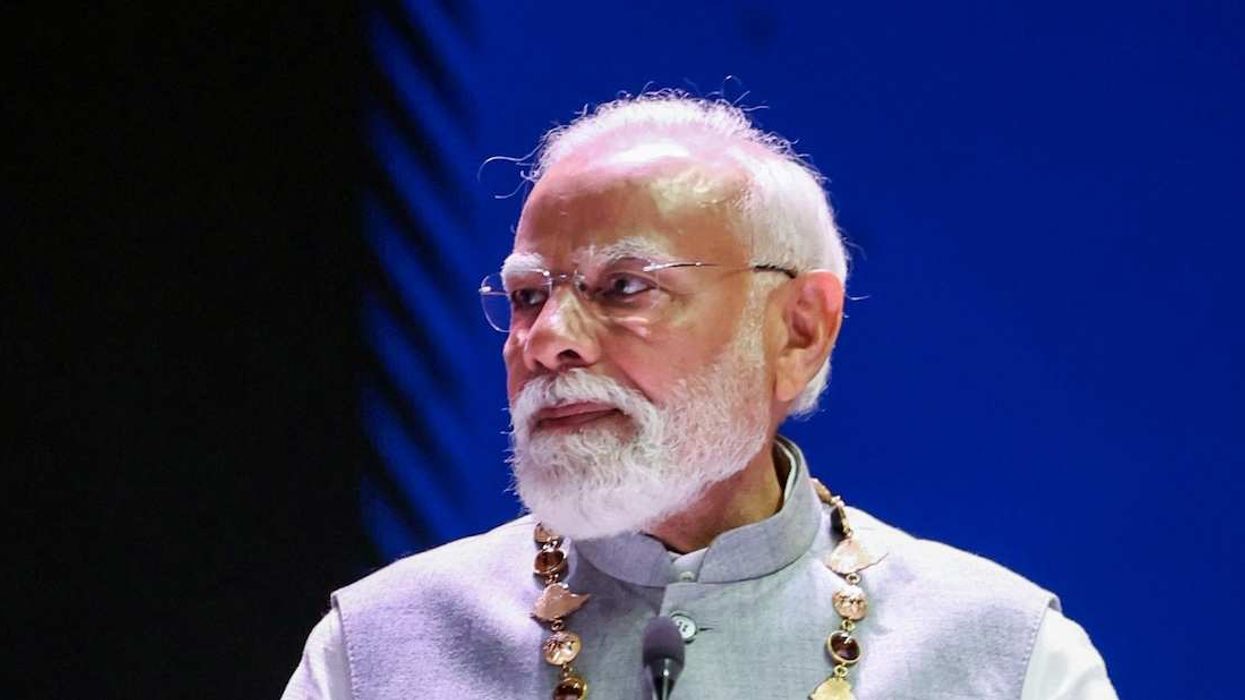Reforming Immigration
In his first press conference, Starmer canceled the Conservatives’ Rwanda deportation plan, denouncing it as a “costly gimmick” that failed to deter migrants. He plans instead to enhance border security and dismantle human smuggling networks. Business Secretary Jonathan Reynolds later ruled out digital ID cards, which former Labour PM Tony Blair had suggested could deter migration.
Fixing Healthcare
Starmer pledged to cut waiting times for hospital treatments by introducing 40,000 more weekly operations, scans and appointments. To do so, Starmer plans to implement more weekend services through the NHS and also turn to the private sector. Funding will come from cracking down on tax avoidance.
Keeping Britain united
On Sunday, Starmer set out to visit each of the four nations of the UK — England, Scotland, Wales, and Northern Ireland. He seeks an “immediate reset” of the relationship between Westminster and devolved nations, particularly in light of the collapse of the Scottish National Party.
Boosting NATO, courting Europe
Starmer’s first foreign trip comes this week with NATO’s 75th anniversary celebration in Washington, DC. In his first press conference, Starmer pledged to maintain Britain’s staunch support for Ukraine and grow UK military spending to 2.5% of GDP. Next up, he’ll host the European Political Community Summit on July 18, giving him a chance to begin mending fences with the EU to bolster trade and economic growth Britain sorely needs.
Bringing back stability
Despite Starmer’s mandate for change, 57% of voters expect him to be “a conventional kind of Prime Minister.” In contrast, in 2019, 52% of voters thought former PM Boris Johnson would be “a completely new type of Prime Minister.” After 14 years of Tory rule, Brexit turmoil, and COVID disruption, it seems that novelty has worn off. We’ll be watching how “Prime Minister Hufflepuff” navigates his first term.



















